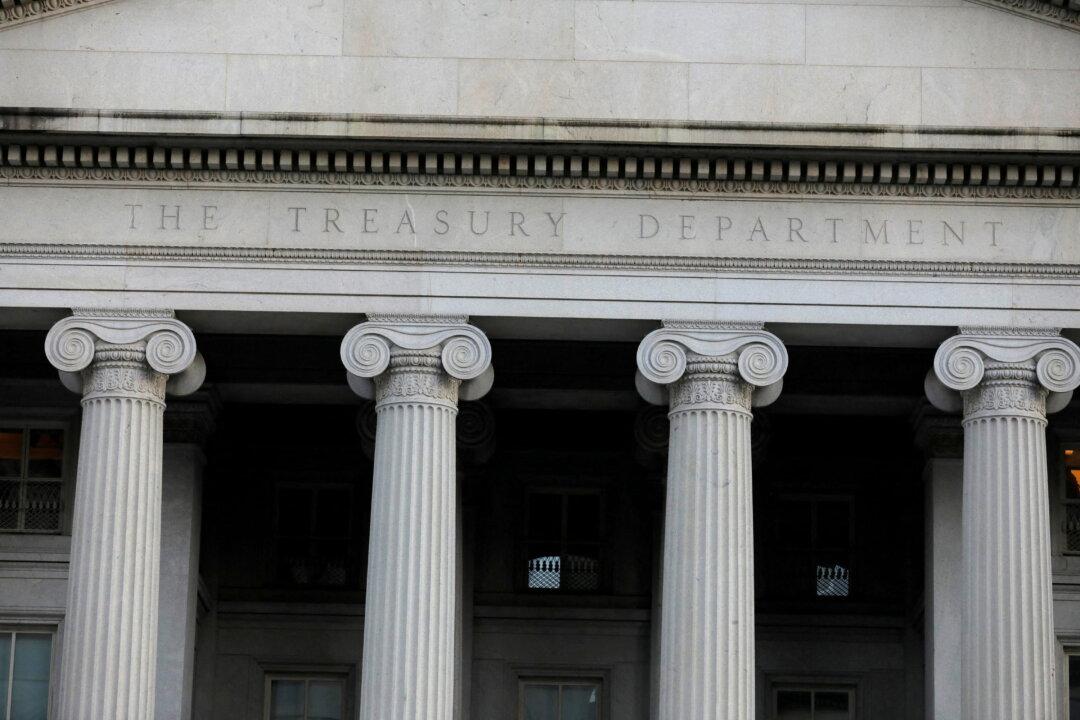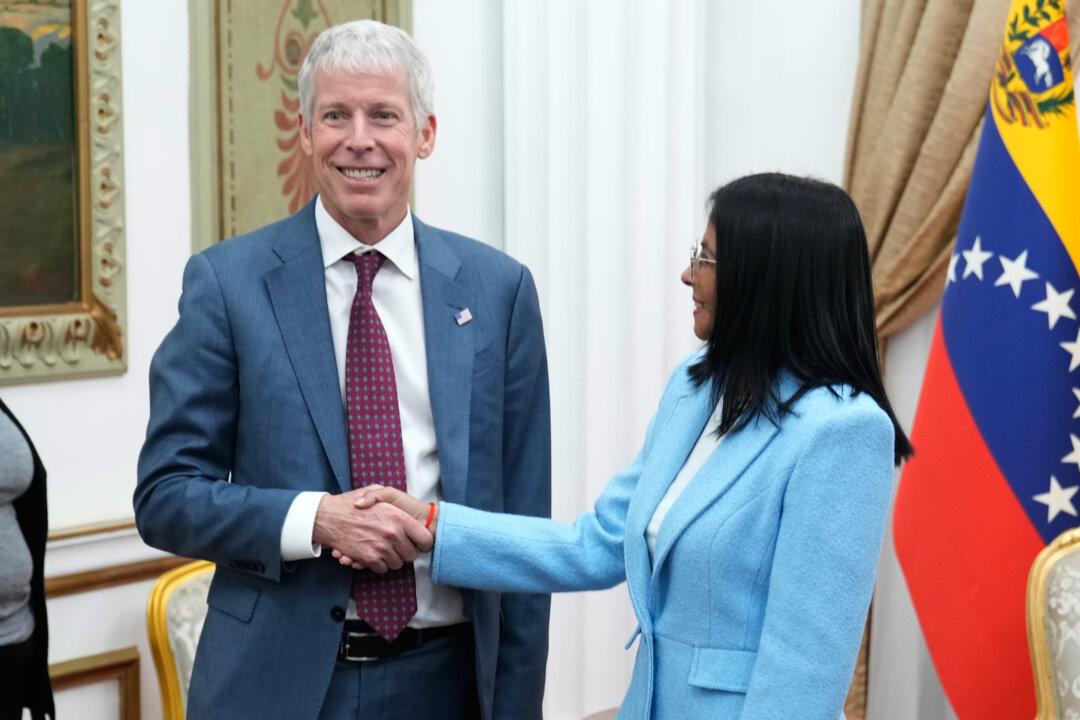Following Washington’s decision to end a key sanctions exemption, Russia’s chances of defaulting on its debts have increased.
Back in February 2022, the U.S. Treasury had stated that it would allow Russia to make sovereign bond payments to American investors despite strong financial sanctions imposed on Moscow for its aggressive incursion into Ukraine. But on May 24, the department’s Office of Foreign Assets Control (OFAC) announced that it will not be renewing this exemption.





